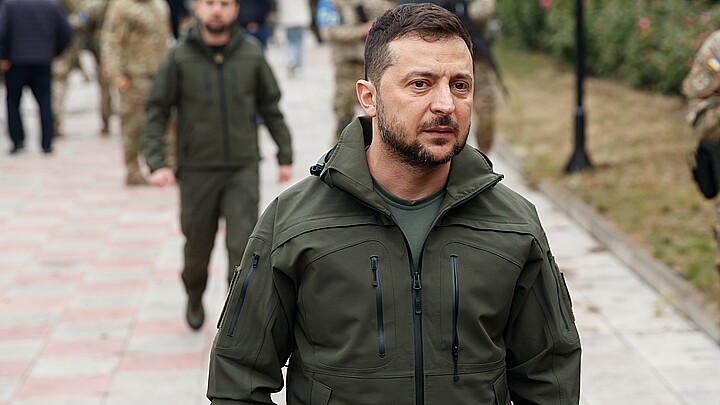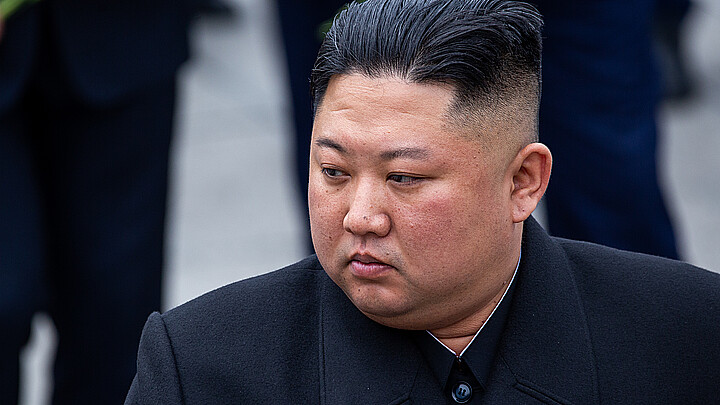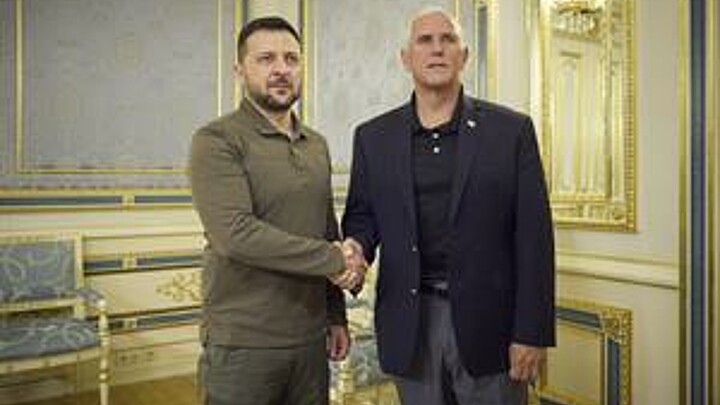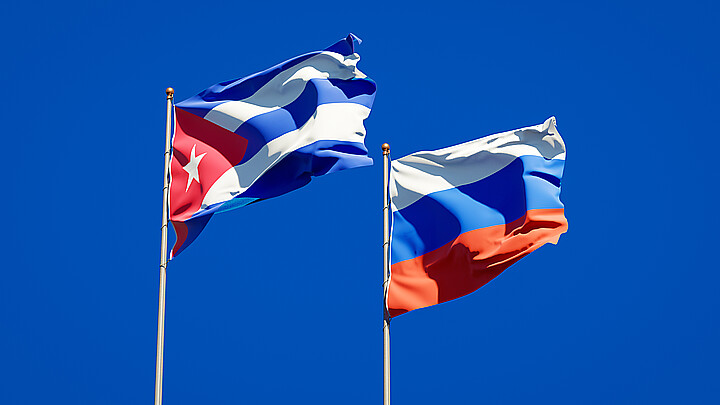Politics
Russia threatens retaliation after Finland calls for NATO membership 'without delay'
May 12, 2022 10:57am
Updated: May 12, 2022 1:17pm
Finnish President Sauli Niinisto and Prime Minister Sanna Marin announced on Thursday that the Nordic nation would apply to join NATO “without delay,” a move which Sweden is expected to follow amid Russian threats of retaliation.
“NATO membership would strengthen Finland’s security. As a member of NATO, Finland would strengthen the entire defense alliance,” the two leaders said in a joint statement.
“Finland must apply for NATO membership without delay. We hope that the national steps still needed to make this decision will be taken rapidly within the next few days,” they added.
Following the announcement, the Russian foreign ministry released a statement warning that Finland’s decision to join the Western security bloc would “inflict serious damage to Russian-Finnish relations as well as stability and security in Northern Europe,” the AP reported.
“Russia will be forced to take retaliatory steps of military-technical and other characteristics in order to counter the emerging threats to its national security. History will determine why Finland needed to turn its territory into a bulwark of military face-off with Russia while losing independence in making its own decisions,” it added.
Similarly, Kremlin spokesman Dmitry Peskov on Thursday said that Helsinki’s decision could increase instability in Europe and that Moscow’s response will ultimately depend on NATO’s next steps in terms of bloc expansion.
"This cannot fail to arouse our regret, and is a reason for corresponding symmetrical responses on our side," Peskov warned.
Since Finland and Sweden announced their intention to join the Western military alliance, Russia has warned of consequences – calling the move a direct threat to Russian security and promising retaliation, including unspecified “military-technical” measures.
Last month, the Kremlin warned Western leaders that Russia would deploy nuclear weapons and hypersonic missiles to the heart of Europe if Sweden or Finland join NATO.
Russia’s Security Council Deputy Chairman Dmitry Medvedev took to Telegram to warn U.S. and European leaders that, “there can be no more talk of any nuclear-free status for the Baltic - the balance must be restored,” CNBC reported.
Medvedev also noted that Russia would be forced to strengthen its land, naval and air forces should any additions be made to the Western military bloc, adding that Europeans would have to get used to living with nuclear weapons close to home.
Western leaders, however, have been quick to come out in support of the two Nordic neighbors, promising to support them through the application process.
Estonian Prime Minister Kaja Kallas took to Twitter on Thursday, writing that “history is being made by our northern neighbors,” and promising to support a “rapid accession process” for Finland.
History being made by our northern neighbours. Today's announcement by @MarinSanna & @niinisto paves the way for #Finland joining #NATO.
— Kaja Kallas (@kajakallas) May 12, 2022
You can count on our full support. We support a rapid accession process. From our side will make necessary steps quickly.
#StrongerTogether pic.twitter.com/qdat42g3Y3
Meanwhile, British Prime Minister signed a military copperation agreement in Kyiv on Wednesday and committed to come to the aid of both Sweden and Finland if the two countries came under Russian attack.
Millions of people have been killed, wounded or displaced since Russian President Vladimir Putin first announced his “special military operation” on Feb. 24. Although the United States has been slow to respond to Russian escalations, pundits fear that if the war continues, a wider confrontation between Moscow and Washington – the world’s two biggest nuclear powers – could arise.
Putin has justified his bloody campaign by claiming that the West has been using Ukraine to threaten Russian interests – further alleging that Zelensky’s government launched a systematic persecution of Ukraine’s Russian speaking population.
Ukraine, on the other hand, says it is fighting an imperial-style land grab and that Putin's claims of genocide are not based in fact. U.S. President Joe Biden has repeatedly called Putin a “war criminal” and a dictator and has called for more sanctions against Moscow as it continues to push Russian forces back in the country’s northeast.










